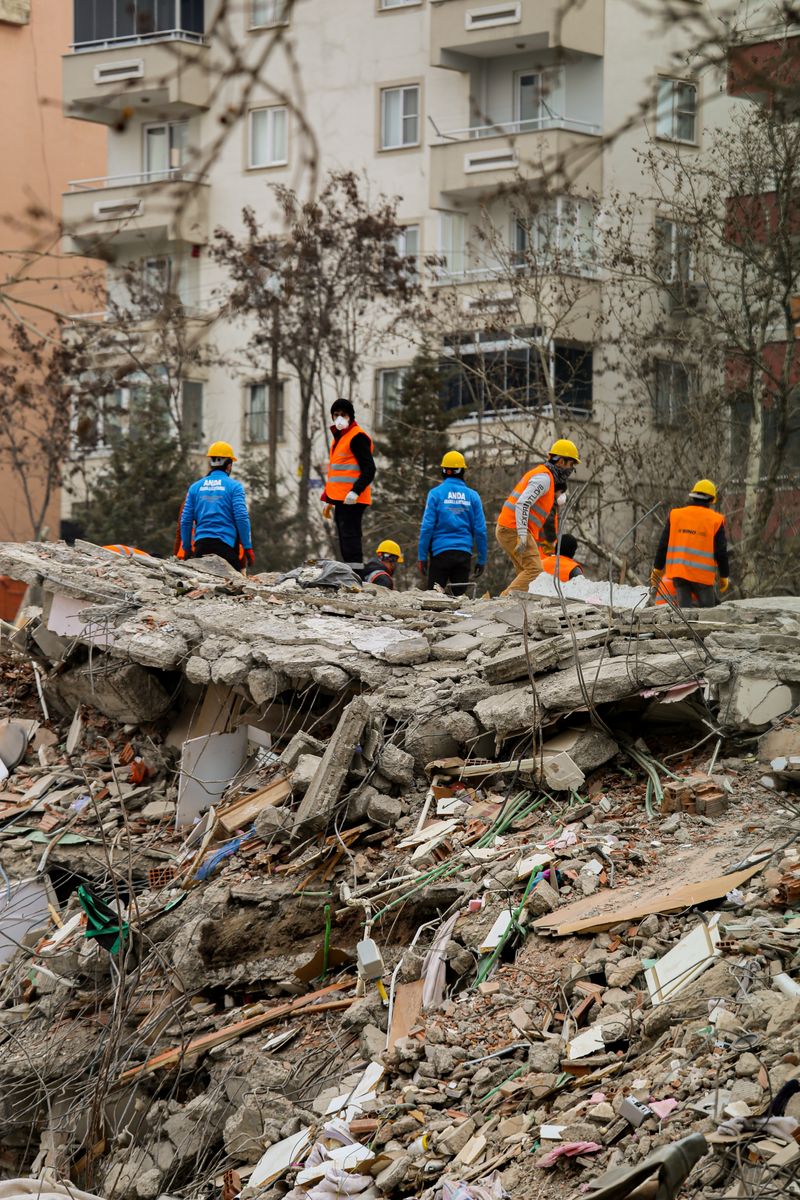Baby killer Keli Lane seen working at milk processing plant in Sydney’s west as sentence nears end
Introduction
In a shocking development, convicted baby killer Keli Lane has been spotted working at a milk processing plant on the outskirts of western Sydney as she nears the end of her sentence. The 48-year-old, who had once been an Olympic hopeful in water polo, is living in a halfway house and producing dairy products for the state’s prison population. The images of Lane have emerged just nine months before she becomes eligible for parole. This news has reignited the debate about her guilt and has raised questions about the justice system. This report delves into the background of this high-profile case and examines the potential implications of Lane’s upcoming parole hearing.
The Keli Lane Case
Keli Lane’s case has been marred by mystery and controversy from the beginning. In 1996, Lane secretly gave birth to a daughter named Tegan at Auburn Hospital and claimed to have handed the baby to its father. However, Tegan’s father, Andrew Morris or Norris, has never come forward, and Lane’s daughter has never been found. Lane has steadfastly maintained her innocence throughout the entire process.
Despite her claims, Lane was found guilty of murdering her newborn daughter by a NSW Supreme Court jury in 2010 and was sentenced to a maximum of 18 years in jail, with a non-parole period of 13 years and five months. She has been held in some of the toughest jails across NSW, including Silverwater, Dillwynia, and the Clarence Correctional Centre on the state’s Mid North Coast.
Controversy and Doubt
Throughout the years, doubts have been raised about the strength of the evidence against Lane and the handling of her trial. Forensic anthropologist and criminologist Dr. Xanthe Mallett, who has remained in contact with Lane, believes that there was never enough evidence to convict her. Mallett has also questioned the integrity of the trial process itself. She believes that Lane will continue to maintain her innocence upon release and will strive to clear her name.
It is worth noting that Lane has been a model prisoner and has actively worked with other inmates on diet and exercise to improve their lives. This raises further questions about her alleged guilt and highlights the complexity of this case.
Parole Hearing and “No Body, No Parole” Laws
Lane’s expected parole hearing in May next year will be a crucial test for the recently introduced “no body, no parole” laws in NSW. These laws require the existence of a body or significant evidence to be eligible for parole. As the remains of Lane’s daughter have never been found, Lane’s parole application may face additional scrutiny.
While Lane’s potential release has stirred controversy, it is important to note that she has not been cleared for day release in the community. Her return to work within the prison system is just the first step in the process of reintegrating her into society.
Philosophical and Ethical Considerations
The Keli Lane case raises profound philosophical and ethical questions about the nature of justice and the purpose of punishment. On one hand, if Lane is indeed innocent, her incarceration represents a grave miscarriage of justice. On the other hand, if she is guilty, the justice system has fulfilled its duty by ensuring that a dangerous individual is removed from society.
The case also highlights the ongoing debate surrounding rehabilitation and reintegration. Lane’s efforts to improve the lives of fellow inmates suggest a genuine desire to contribute positively to society. The question arises: should a person who has committed such a heinous crime be given the opportunity to reintegrate and lead a productive life after serving their sentence?
The Way Forward
As Lane’s parole hearing approaches, it is essential for the justice system to carefully consider all available evidence and address any doubts that surround her case. The “no body, no parole” laws should be applied judiciously, taking into account the complexities and uncertainties associated with this particular case.
Simultaneously, society must grapple with the philosophical and ethical implications of a potential release. While the severity of Lane’s crime cannot be dismissed, her rehabilitation and efforts to improve the lives of others in prison demonstrate the potential for growth and change.
Ultimately, the Keli Lane case serves as a reminder of the fallibility of the justice system and the need for continued vigilance in upholding principles of fairness and accountability.
Contact us at contact@9news.com.au
Keywords: Investigation–KeliLane, Enigma, MilkProcessingPlant, Clues, Investigation

<< photo by Sander Sammy >>
The image is for illustrative purposes only and does not depict the actual situation.
You might want to read !
- Heartbreaking Tragedy: Grieving Family Struggles to Cope with Killer’s Last Searing Act
- Wondrous Pathways: Navigating the 2023-24 Champions League Group Stage Draw
- Alluring Adventures: Colson Whitehead’s Unmatched Excitement in the World of Crime
- “Frasier Reboot: First Glimpse of Kelsey Grammer’s Return Sets Excitement Brewing”
- “Fury Down Under: The Future of the John Wick Franchise in Australia”
- “The Summer I Turned Pretty” Season 3: Unraveling the Tangled Web Down Under
- Axing of Pandemic Visa Sparks Controversy and Reshapes Immigration Landscape
- Bond of Love and Protection: Embracing Raksha Bandhan 2023
- “Fútbol Español Kissing Controversy: Luis Rubiales’ Mother Initiates Hunger Strike”




